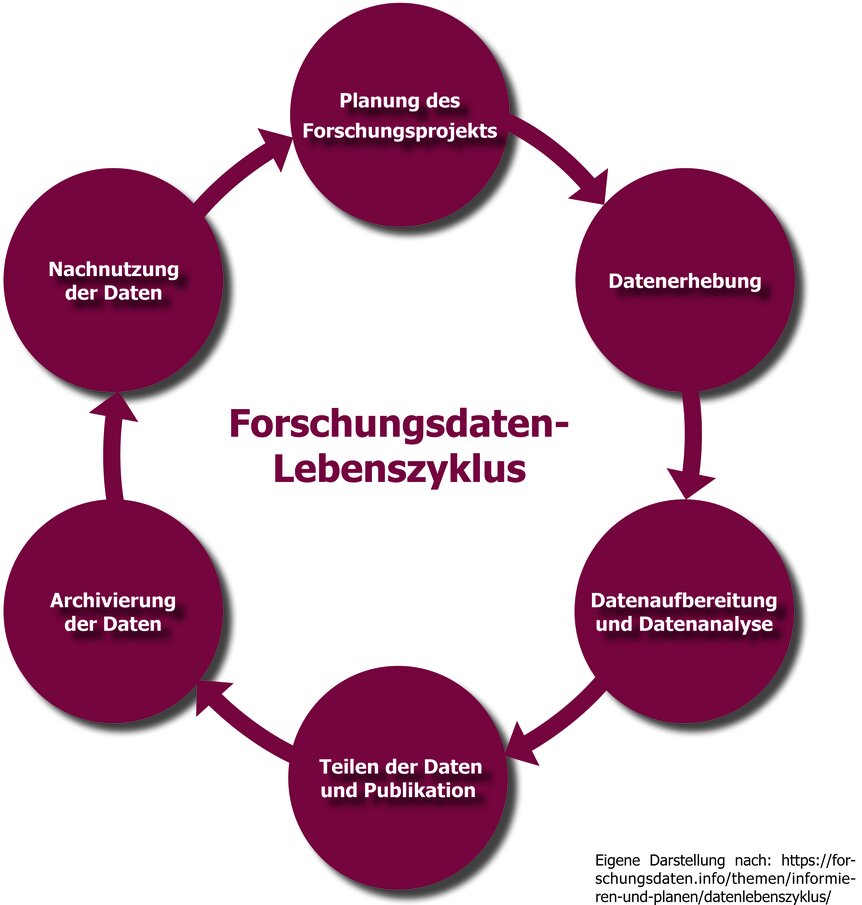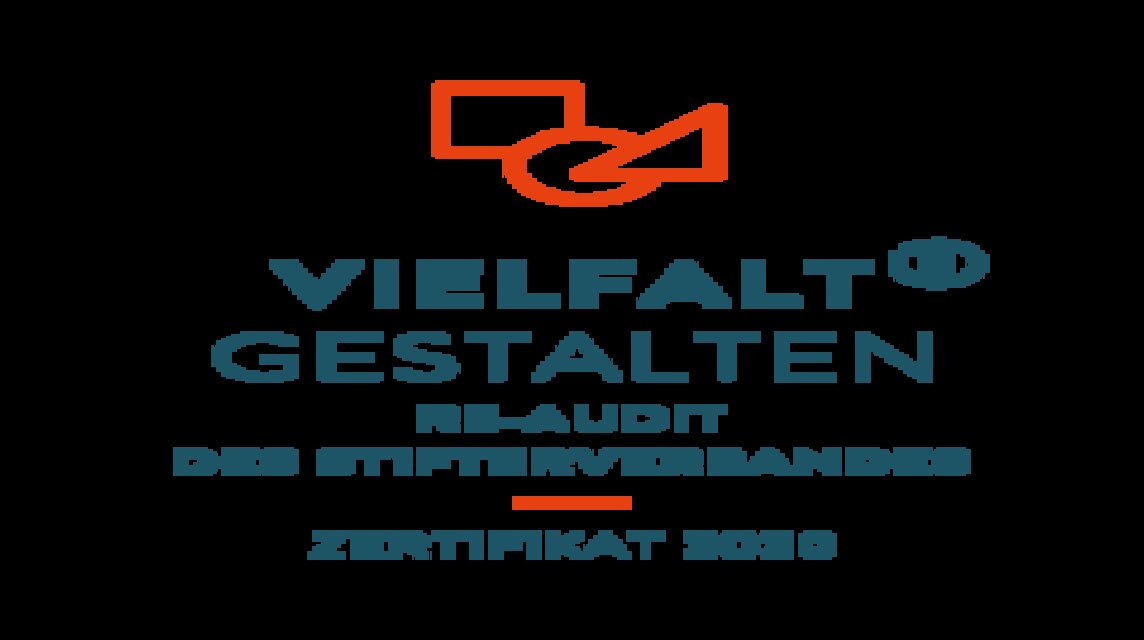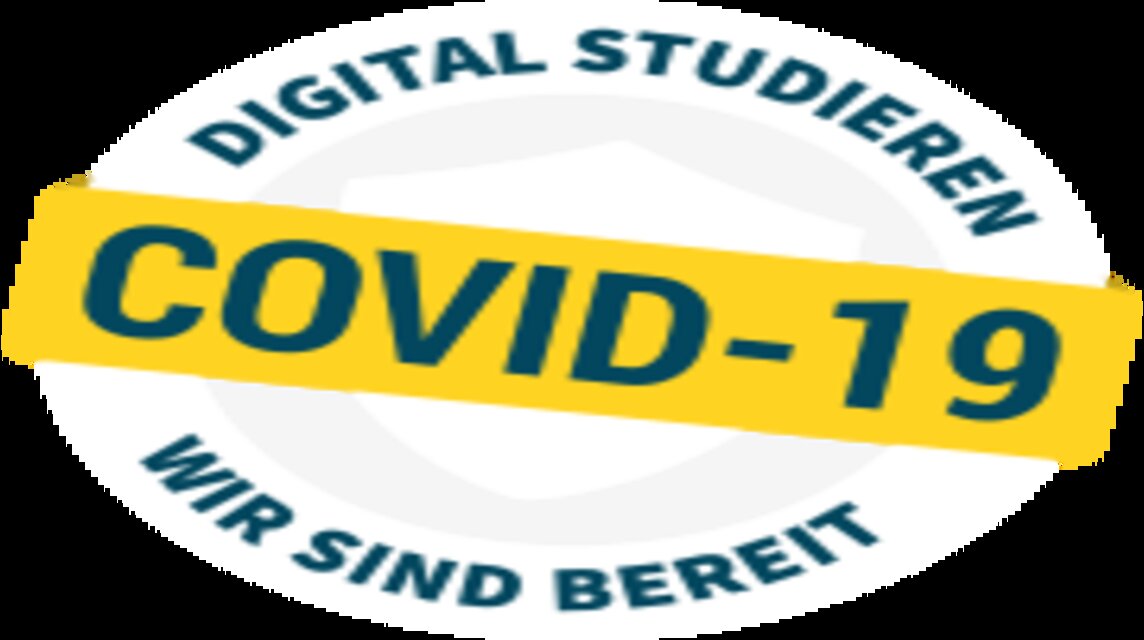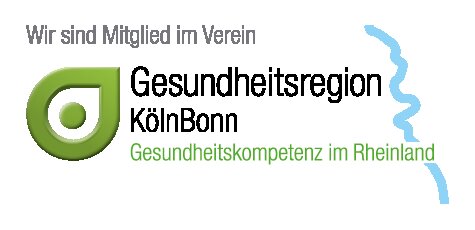Research Data Management
An asset for research projects
Professional research data management (RDM) is becoming increasingly important at universities of applied sciences. On the one hand, this development can be traced back to the inclusion of responsible handling of research data in the Code of Good Scientific Practice of the German Research Foundation DFG, which is why more and more third-party funders require RDM. On the other hand, professional RDM opens up new opportunities at universities of applied sciences and insights for science, society and business, as research at universities of applied sciences is practical and application-oriented. This means that the insights and results can quickly flow into various areas of society, business and culture and create synergies. Research data at universities of applied sciences therefore hold enormous scientific, cultural and economic potential, especially with regard to their subsequent use. In order to be able to take advantage of these opportunities, professional RDM is indispensable.
What are research data and what is research data management?
Research data are all (digital) data that are collected and processed in a research project. These can be measurement results, interviews, laboratory data, images or audio recordings, samples, primary sources or texts, and much more. Research data management is the term used to describe the handling of these data in accordance with specific criteria. Research data management (RDM) accompanies the entire project progression along the so-called research data life cycle: RDM begins at the project planning and proposal stages and continues through the research process all the way to the archiving of the collected data so that they can be reused in another research project. RDM is therefore directly linked to the idea of open access and the FAIR principles.
Advantages of RDM for researchers
- Minimisation of the risks of data loss
- Prevention of duplicate work steps
- Avoidance of errors in data evaluation
- Fulfilment of the RDM requirements of third-party funders (e.g., DFG, EU, VW, and many more)
- Legal certainty – especially in relation to sensitive and personal data
- Establishment of uniform structures and standards for the handling data (especially for research teams and joint projects)
- Easier documentation thanks to clear RDM guidelines
- Research data become accessible, verifiable and reusable (open access/FAIR data)
- Open access publications are read and cited more frequently














